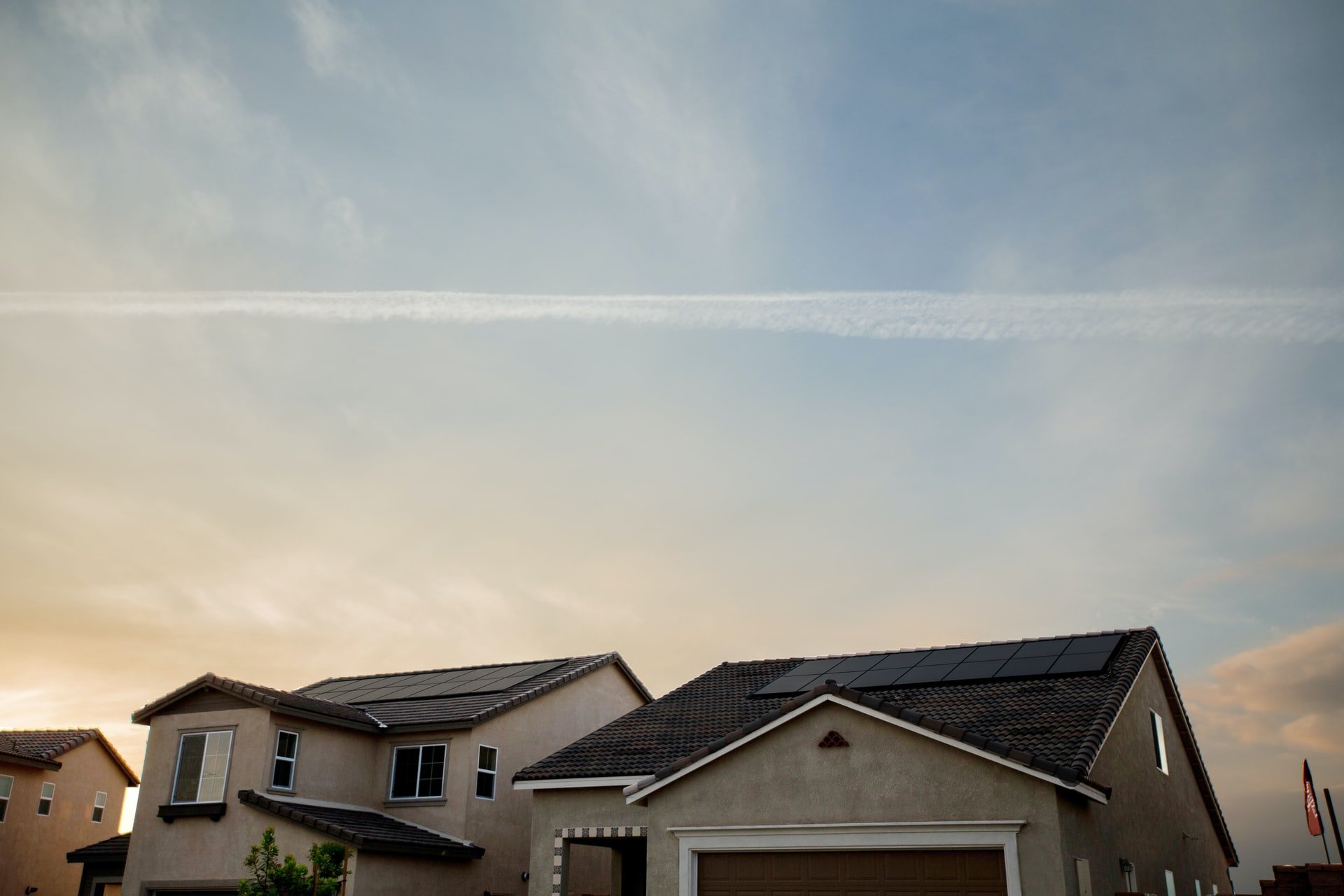Should You Go Solar?
Do the pros of solar panel installation outweigh the cons for your family?
With increasing attention on renewable energy and mitigating contributors to climate change, many households now wonder if it’s time to go solar. So, why go solar, and what are the advantages and disadvantages? Here are a few considerations for deciding whether to begin powering your home with solar energy.
Pro: Environmental Impact
The primary reason many families opt to install solar panels on their existing home or incorporate it into their new construction plans is the environmental benefit of using solar power. Solar, meaning from the sun, is clean and renewable energy. The reality is, solar is a renewable source of energy, unlike the nonrenewable sources we currently rely on. Because solar energy converts sunlight into electricity, solar energy is reliable, and new battery technology is increasing solar panel reliability constantly.
Once solar panels are installed, they provide clean, renewable energy, meaning that when your home is powered by solar panels, your energy use doesn’t add greenhouse gases to the atmosphere or use up scarce resources. For families prioritizing sustainability, solar is the way to go. The process is clean and guilt-free!
Con: Expensive Installation
Unfortunately, the reason that solar panels are still uncommon in most areas despite such an important benefit is the up-front cost. On average, solar power set up with a new residential solar panel system will cost $15,000-$25,000 depending on size and other specifics of the system. This creates a large barrier for access for many families, and even with the available tax credits and incentives, it generally takes between six and nine years to make that investment back through energy bill savings.
Because the time required to make the initial investment can feel daunting, and generally solar panel systems cannot be easily moved when the family changes houses, many people opt not to go solar for financial reasons. Right now, installing solar panels generally does not increase a home’s value enough to make back the up-front investment instantly either.
Pro: Savings on Energy Bills
Here’s where the solar advantage comes into play. Once that initial investment is made, the monthly savings begin! The exact savings vary greatly based on location. Families can weigh their options more accurately by looking into how much you spend on electricity each month and then evaluating their sunlight exposure using an online tool. These estimates will help you understand the economic benefits of solar energy and plan for how much you might pay once solar panels are installed based on your system’s output.
Con: Maintenance and Energy Storage
Because residential solar panels are relatively new, their associated costs change frequently. Right now, the process and equipment for storing solar energy for later use (to power your home at night and on cloudy days) is on the expensive side. Solar batteries can cost another $1,500 on top of the other up-front costs and require specific conditions and care. However, new technology on the horizon is promising.
Consideration: Location
When deciding whether to install solar panels, a main consideration is location. In states like Colorado, California and New Mexico, the potential for solar power is a no-brainer. But in some states, an analysis of your specific area might be necessary. If the solar panels don’t catch enough rays to generate substantial energy, it’s unlikely that you’ll see your investment return to you very quickly.
Your location may also impact the tax credits and other incentives you’re eligible for, so looking into the specifics for your area can help you weigh the decision financially.
Consideration: Roof Space
If you’re building a home with very little roof space in relation to the overall size of the house, installing enough solar panels to properly power the home may prove to be a challenge. It’s also a good idea to consider the way that solar panels look and incorporate your personal preferences into your decision.
Consideration: Your Future Plans
Because it takes a while for the initial investment in solar panels to come back to you through savings on your energy bill, one huge deciding factor is how long you’ll stay in your home. A family building their custom dream home and planning to spend at least a generation there will see more benefits from solar panels than a couple purchasing a starter home, for example.
Overall, if the climate in your area supports fairly productive solar panels and you’ve got long-term plans for your home, use solar panels as a great way to help the environment, save on energy bills, and eventually add to the resale value of your home. For more information about the advantages and disadvantages of solar energy, reference this helpful guide.
Ready to start building the eco-friendly home of your dreams? Get started with Atmos today!
Related Articles:
Here’s What’s Tax Deductible About Your New Home Build
Why a Custom Home is a Great Investment
How to Build a Sustainable Home

